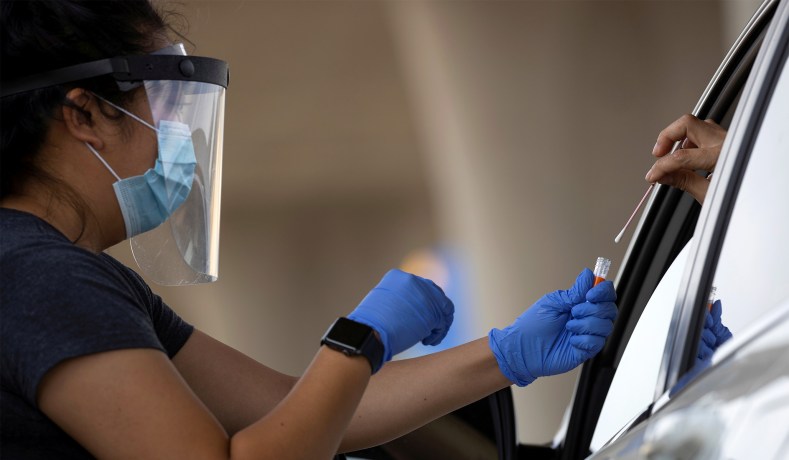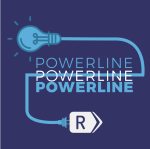
Seven states have come together to create a purchasing deal for rapid-detection antigen tests. Governors from Maryland, Massachusetts, Michigan, North Carolina, Ohio, Virginia, and Louisiana have together ordered 3.5 million antigen tests (500,000 each) with backing from the Rockefeller Foundation. The bipartisan effort will stimulate demand for the rapid being produced by the companies Quidel Corp. and Becton Dickinson.
More, faster testing is key to slowing the spread of the virus. Governor Larry Hogan (R., Md.), a member of the coalition, told the Washington Post: “With severe shortages and delays in testing and the federal administration attempting to cut funding for testing, the states are banding together to acquire millions of faster tests to help save lives and slow the spread of COVID-19.”
As testing rises, results are stalling across the country with ten-day (or more) waits for results from backlogged national labs. As more states open up, these lags are becoming huge inconveniences. For one, that kind of wait time complicates contact tracing. Another issue is travel. As the Wall Street Journal’s Gerald F. Seib pointed out, in a state such as Massachusetts, travelers from out of state either need to quarantine for two weeks (an almost impossible demand for seasonal tourists) or obtain a negative test result within 72 hours before their arrival. That becomes an issue with a ten-plus day wait.
Those with symptoms, travelers, and anyone else desiring a test could theoretically attempt to get a rapid test, but they’ll more often than not be met with hour-long waits and shortages. In my home state of Massachusetts, I had to wait hours just to sign up for a rapid-testing slot, let alone get the test. Otherwise, I would be faced with at least an eleven-day wait period.
The need for rapid testing is obvious enough. A 15-minute result makes outbreaks more easily tracked and controlled. It would be even better if that time could be further reduced, or if private citizens could test themselves from their own homes.
As it happens, several companies are developing paper-strip tests that can be used by anyone, anywhere. These tests would be a dollar or two each; far more affordable than current COVID tests. Though less accurate than the current lab tests, this system would detect a virus at its most transmittable.
The result of this frequent access to self-testing would be “akin to a vaccine,” claims Harvard epidemiologist Michal Mina. According to Alvin Powell, from the Harvard Gazette, this “at-home” solution would create “a kind of artificial herd immunity” by quickly halting transmission.
A test result on demand would be a huge step back to normalcy. In covering these clever devices, Forbes’s John C. Goodman noted that with proof of a negative result, people could return to bars, restaurants, sports arenas, schools, and other such places with far more peace of mind.
Let’s hope this incredible system gets FDA approval. In the meantime, the seven-state coalition’s actions are commendable and should be emulated across the country. When it comes to COVID testing, faster is certainly better.






